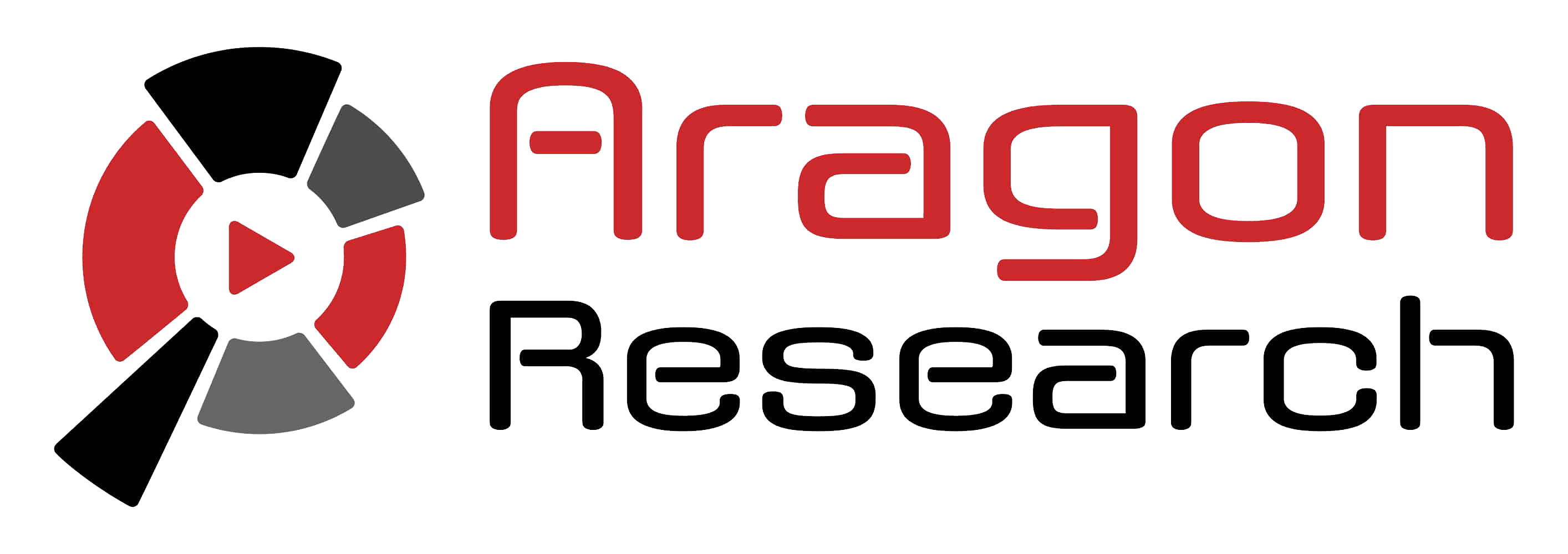
Pat Byrnes, founder of strategic benefits group, writes about ERISA disclosure requirements and Registered Email™ services to protect from investment loss liability.
By Pat Byrnes, MSPA, MAAA, EA
Officers, directors, board members, 401(k) Plan committee members, Plan administrators, trustees, investment advisors, and investment managers could be held personally liable for investment losses resulting from participant investment decisions unless the Plan complies with the Employee Retirement Income Security Act (ERISA) Section 404(c).
To abate this liability many plan sponsors are voluntarily electing to become compliant under ERISA Section 404(c). Compliance is achieved by providing required and requested information to participants and making sure they actually received it, even if they CLAIM that they did not receive the notice.
One of the more vexing issues of 404(c) requirements is the delivery of a prospectus to participants either immediately before or immediately after each new, first time investment. The printing and mailing costs alone can be expensive.
RPost and its Registered e-Mail services enable corporations to comply with the ERISA disclosure requirements at a low cost, while retaining verifiable proof of compliance, and without requiring any hard copy mail, copies, printing, or the retention of paper records. Any company with a 401(k) Plan, any mutual fund that has Plans for employee portfolios, and record keepers should consider seriously Registered e-Mail as a means to either (1) comply with notification requirements, or (2) move more from paper to electronic to reduce the cost of compliance.
Background: Officers, directors, and Plan managers are generally named fiduciaries or function as fiduciaries and as such are liable for 401(k) investment losses for each participant if the company is not taking advantage of the relief offered under ERISA section 404(c).
In September 2003, the court set precedent by its decision in the Enron 401(k) case where Plan participants sued the Officers, Directors and other fiduciaries for reimbursement of their 401(k) investment losses when the Enron stock collapsed. Those personally at risk are all of the fiduciaries, which include the officers of the company, board of directors, board committee members, Plan committee members, trustees, investment advisors, and investment managers. In the Enron case, the Judge concluded that, “If the Plan does not qualify as a 404(c), the fiduciaries retain liability for all investment decisions made, including decisions by the Plan participants.”
There are two ways that this matter erupts: either through participant lawsuits or Department of Labor Investigations. Both occurred in the ENRON matter. There are now more than 50 class action lawsuits pending against major corporations.
ERISA Protections offered in section 404(c): If the Plan does not comply with ERISA section 404(c), the Plan fiduciaries are responsible for the prudence of the participant’s investment decisions. ERISA 404(c) allows the fiduciary to transfer the legal responsibility only forlosses resulting from participants’ actions. The Department of Labor and the Judge in the Enron 2003 decision clearly state that if the Plan does not qualify as a 404(c) Plan, the fiduciaries retain liability for ALL investment decisions made, including decisions by the Plan participants. The only circumstances in which ERISA relieves the Plan fiduciary from responsibility for a participant-directed investment, is when the plan qualifies as a 404(c) Plan.
ERISA 404(c) protections are lost most frequently by:
With first class mail, the 404(c) Fiduciary retains no proof of compliance in case the participant CLAIMS that he/she was not notified. By using certified mail, return receipt mail, or courier, the costs become prohibitive. The answer is RPost Registered e-Mail.
RPost Registered e-Mail Protection: A solution, to protect the officers, directors, and other fiduciaries would be to use Registered e-Mail to deliver the prospectuses containing the proper risk disclaimers to the individual purchaser within 401(k) portfolios. Further Registered e-Mail could be used to deliver the other required notifications. If this information is delivered to the plan participant, by means of the Registered Receipt then the company, its officers, directors and other fiduciaries have proof of compliance under ERISA 404(c).
Should a future dispute arise with respect to content, timing, delivery or receipt, the company, administrator, directors, and officers would be protected by the verification capabilities inherent within the Registered Receipt.
[Registered e-Mail works for any e-mail address without requiring the receiver to do anything or have anything on their end. Neither RPost nor any third party needs to store any information about the e-mail prospectus delivery. This proof is in the form of a Registered Receipt e-mail, which is returned to the sender in a counterfeit-proof form and can be authenticated at any time.]
Savings and Protections – Employing RPost Registered e-Mail to comply with ERISA 404(c):
About RPost:
RPost® (www.rpost.com) is the Registered e-Mail™ company. Registered e-Mail™ provides the sender of an e-mail with legally valid proof of authorship, content, and delivery to any Internet address. The RPost system does not require the recipient to have any special software or take any compliant action to prove delivery. RPost provides the sender with a tamperproof e-mail receipt that contains all the information required to prove delivery and content; RPost does not retain a copy of the message. RPost technology is proprietary with over twenty patents pending worldwide. The U.S. General Services Administration has approved Registered e-Mail for their IT schedule with AT&T, Sprint, and Qwest as authorized vendors. The RPost system is currently used by several Federal government agencies including the U.S. General Accounting Office. Symantec Corporation, the global leader in information security, is a major investor in RPost.
About the Author:
Pat Byrnes, Member of the American Society of Pension Actuaries (MSPA), Member of the American Academy of Actuaries (MAAA) and an Enrolled Actuary (EA), is President of Actuarial Consultants, Inc., a Los Angeles based consulting and administrative firm. He is also co-founder of Strategic Benefits Group, as well as co-founder and Managing Director of CCi, a compensation consulting company.
He is past President of the American Society of Pension Actuaries (ASPA), and in 2004 received the Commissioner’s Award from the Tax-exempt and Government Entities Division of the Internal Revenue Service for his contributions in co-founding and cochairing the Los Angeles Benefits Conference for the past 13 years.
He earned a Bachelor of Science and Commerce from the University of Santa Clara in 1967 and a Masters in Business Administration from the Wharton School of the University of Pennsylvania in 1969.

February 06, 2026

January 16, 2026

December 10, 2025

December 05, 2025

August 07, 2025